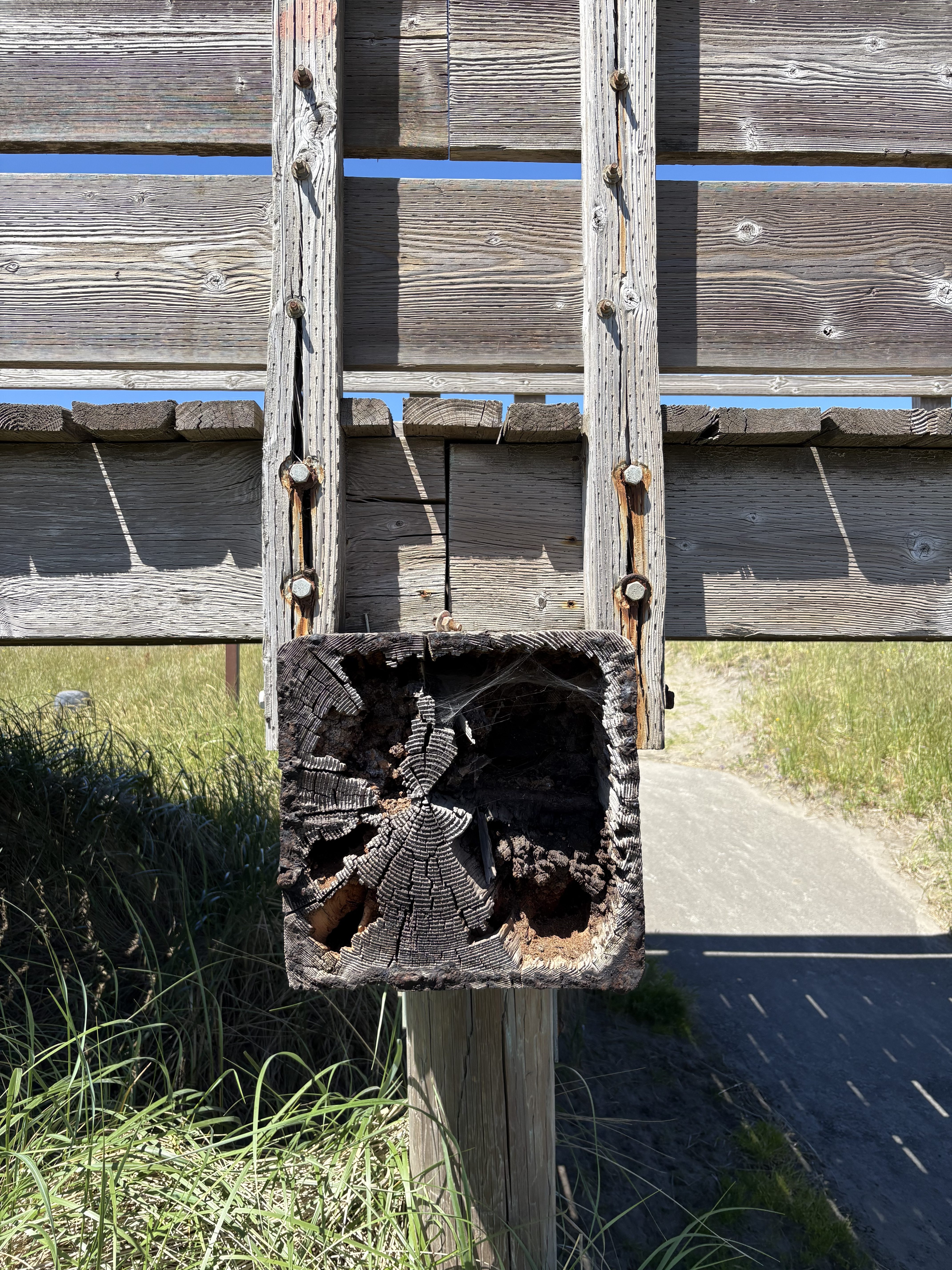Editor’s Notebook: News nuggets from the 1870s recorded in newsprint
Published 10:33 am Wednesday, April 9, 2025
Knowing gold nuggets when you see them is the mark of a skilled historian, and there’s no better miner than Liisa Penner. I was reminded of this a couple weeks ago during my ongoing scavenger hunt in the Astorian building, discovering her self-published 1990 book “Astoria in the 1870s.”
What a treat.
Penner is much honored and was celebrated by former publisher Steve Forrester in a 2019 column: tinyurl.com/Liisa-Penner. Her best legacy is her body of work, including the Clatsop County Historical Society’s Cumtux magazine, the society’s stellar archives, and her remarkable compilations of early reports from the Astorian and other period sources. Penner’s 2006 “Salmon Fever: River’s End: Tragedies on the Lower Columbia River” is still available — evocative but sad material.
Left unread, even the best stories are good for nothing, so we owe a debt to Penner and the similarly insightful Nancy Lloyd for resurrecting local history’s greatest tales. (Lloyd is currently at work on a digest of Columbia River Bar Pilots’ derring-do.)
Colorful content
There isn’t room here to give more than a taste of the bounty of colorful content Penner curated from the 1870s Astorian. This was at a time before other newspapers covered Pacific County, so there are unique observations about the Washington side, too.
• From July 1875: “The season of Summering, and seaside visitation, is upon us. People from the interior ‘flee as the bird’ to some one of the numerous resorts in this vicinity. … Sweltering from the heat of the valley, and beyond the range of the Cascades, far into the great basin of the Columbia, comes the fatigued and the overworked, exhausted men, women and children, as they never came before, to receive the enervating qualities of life at Clatsop, at Unity [Ilwaco], at Oysterville.”
• “A day of sunshine [in early September 1877], sandwiched between two that were quite the reverse, afforded the desired opportunity for a journey to upper town which could only be accomplished by a feat of pedestrianship that required courage as well as stout show leather; first, there is a little sandy beach, then a log to climb, a space covered with slippery rock, considerable mud, more rocks, stumps and wind and the sightly little place is reached. … There is only an occasional sail to be seen upon the river, where hundreds have been seen until of late.”
• “The view from the summit of Saddle Mountain is described as being one of nature’s loveliest. The Pacific, from Tillamook Head to Shoalwater Bay; the Columbia and its tributaries; the green banks, islands and inlets; all combine to make one grand picture in the melting shades of evening, prized by the beholder, backed by the darker lines of the Cascade and Coast ranges of mountains, with the numerous silver tipped peaks, like Rainier, St. Helens, Hood, etc., in the distance.”
• A farm woman living at Smith Point heard pigs in distress. “She beheld a bruin hugging a good-sized pig tightly in his forepaws, the pig squealing for dear life. No time was lost and as Mrs. Munson concluded not to stand by and see the porker carried off in that manner, she picked up a club and started after the bear, pursuing it so closely that the beast dropped its prey and beat a hasty retreat from that quarter.”
• “Sea gulls and other fowl of like character are protected by ordinance in this city — and rude boys who wish to keep out of ‘chokie’ [jail] should not be caught in the act of stoning the birds.”
• “Hans Anderson’s domesticated elk, a beautiful animal, came into Astoria from Mishawaka on Monday last. It will be sold to some person who will treat it kindly.”
• “Chin Gong Duck is a repudiator. Yesterday he refused the coin of his own country in payment for a wash bill from one of the employees of the Astoria office, with the remark: ‘Chinese money cultus trash in Astoria.” “Cultus” is Chinook for “worthless” and “tlash” probably means “trash.”
Precious ordinary history
Not just a catchy lyric, “Don’t know much about history” could be the official motto of the human race. And that’s not all bad.
American singer-songwriter Sam Cooke and Roman philosopher-emperor Marcus Aurelius, who observed “The memory of everything is very soon overwhelmed in time,” might have agreed that the simple adventures of commonplace lives are as meaningful as the deeds of the mighty.
In fact, as recent decades roll into fading centuries, the lives of ordinary people — less recorded and thus seldom remembered — become all the more precious. Who among us hasn’t wished for one more day talking with Grandma and Grandpa? Who cares one iota about how some forgotten president spent his day?
Celebrating regular folks is the prime mission for newspapers like ours. Stories forwarded to out-of-town family, shared to social media or even still physically clipped out of actual papers are more likely to be about a child’s success or some amusing snippet of small-town life than about what happened in a city council meeting.
National news is common, local news is rare. Often, what previous generations of local journalists recorded is the only history there is.
The Astorian — going on 152 years — and the Chinook Observer, 124 years, are where to find recordings of the lives and times of people living at the intersection of the Pacific Ocean and the Columbia River.
Events are concentrated here. And having drifted west as far as we can go, this seashore and riverbank are prime territory for wonderfully creative, inventive, eccentric people.
Trending
Matt Winters, a long-time Ilwaco resident, oversees the Chinook Observer, the Astorian and Seaside Signal.










